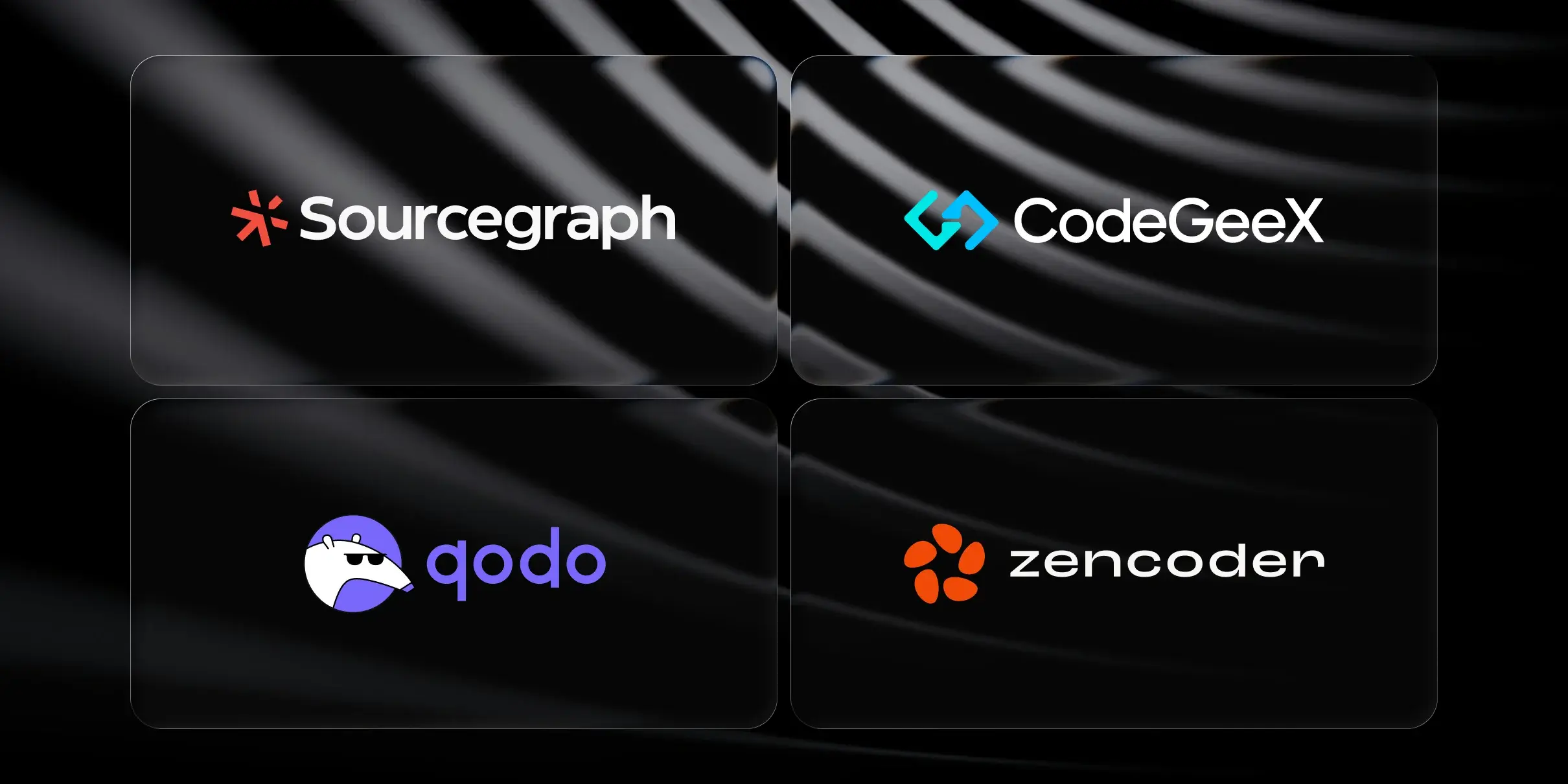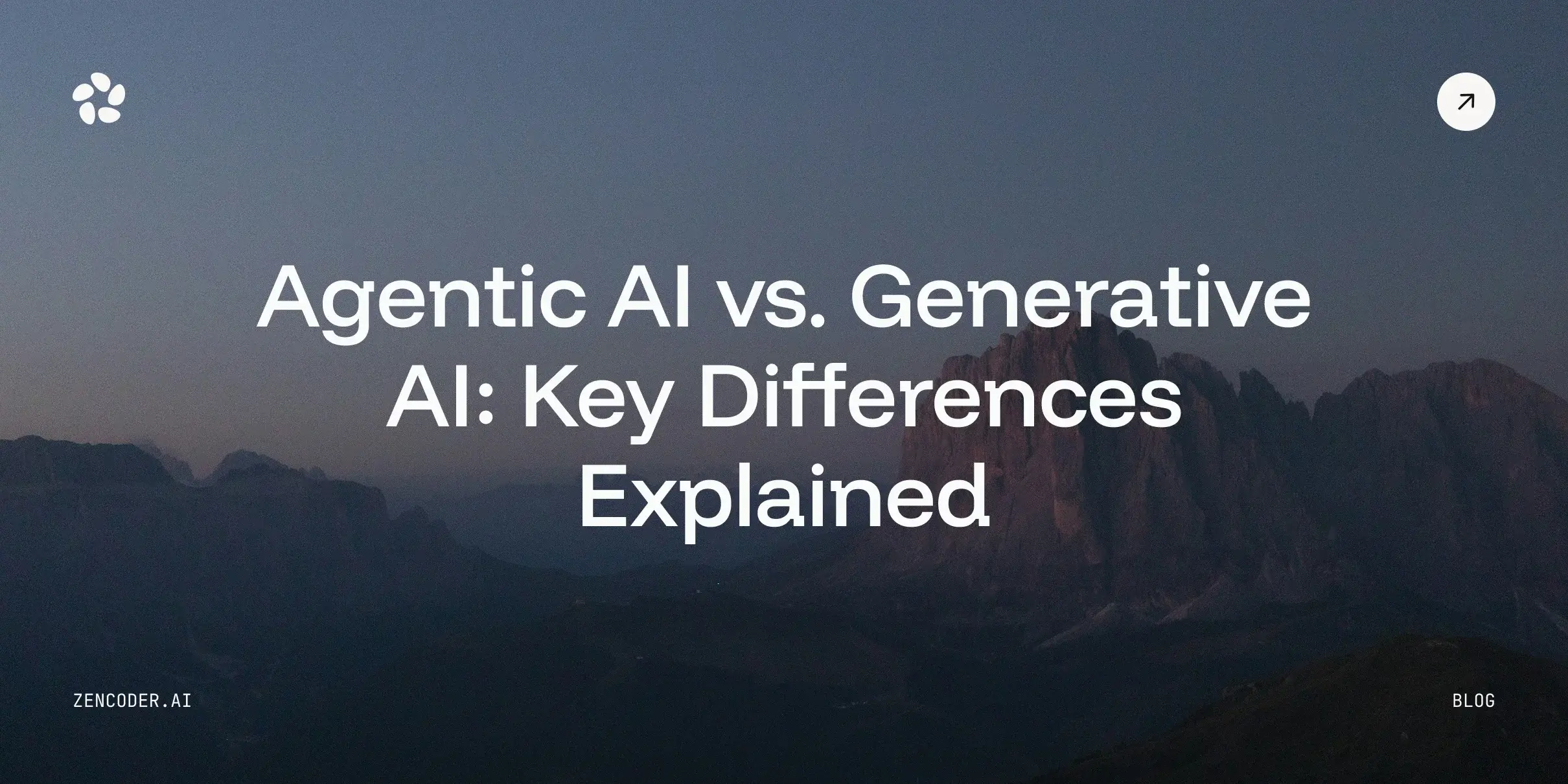Software development is undergoing a foundational shift. In February 2025, AI researcher Andrej Karpathy introduced "vibe coding" – developing software by describing requirements to AI systems rather than writing code directly. This approach fundamentally changes who can build software and how it gets built.
But this raises a question: If code can be generated from natural language prompts, is programming still a specialized technical skill or simply another form of communication? Are we witnessing the democratization of software creation or merely shifting the barriers from syntax knowledge to natural language prompting?
This creates four distinct developer profiles:

The Four Developer Archetypes
Traditional Engineers(High technical knowledge, low AI dependency)
Core traits:
- Maintain comprehensive understanding of codebases
- Use AI sparingly for specific challenges
- Prioritize direct code control
- Focus on system integrity
Future trajectory:
- Will increasingly leverage AI for routine tasks
- Will shift focus to architecture, security, and systems design
- Will become essential for auditing complex AI-generated systems
- Will remain critical for mission-critical applications
This group embodies the definition that "software engineering is programming integrated over time" – focusing on long-term maintainability.
Augmented Engineers(High technical knowledge, high AI dependency)
Core traits:
- Leverage AI extensively while maintaining deep technical understanding
- Evaluate and refine AI-generated solutions
- Focus on complex problem decomposition
- Excel at integration and architecture
Future trajectory:
- Will become the dominant professional development paradigm
- Will master effective prompt engineering alongside technical skills
- Will excel at complex multi-technology systems
These developers represent the ideal balance of technical expertise and AI collaboration – using technology to amplify rather than replace human judgment.
Emerging Developers (Low technical knowledge, low AI dependency)
Core traits:
- Learning fundamentals through traditional coding
- Building mental models of code behavior
- Using basic assistive tools (autocomplete, snippets)
- Limited productivity during learning phase
Future trajectory:
- Adopt to AI-accelerated learning paths
- Will develop hybrid skill sets emphasizing understanding over syntax memorization
- May specialize in niche domains where human touch remains essential
- Likely represents a shrinking segment as entry barriers lower
Domain Creators(Low technical knowledge, high AI dependency)
Core traits:
- Prioritize problem description over implementation details
- Excel at rapid prototyping
- Limited understanding of underlying code
- Struggle with complex debugging and integration
Future trajectory:
- Will gain access to increasingly powerful AI coding tools
- Will develop specialized problem description and requirements specification skills
- Will excel at concept validation and user experience prototyping
- Will face persistent limitations with complex systems
- Will likely split into two groups: those who remain non-technical creators and those who develop technical foundations
This represents the most disruptive change, potentially democratizing software creation beyond traditional developers.
Consideration: If this quadrant continues growing, could we see a future where most software is built by domain experts who never learned to code? What happens to the traditional software engineering career path if the majority of applications can be created by non-programmers?
Cross-Quadrant Dynamics
The real innovation happens at the intersection of these profiles:
- Knowledge Transfer Flow: Traditional Engineers create principles that Augmented Engineers implement via AI, which eventually reach Domain Creators as simplified patterns.
- Productivity Amplification: Augmented Engineers harness AI to deliver exceptional productivity while maintaining the quality standards Traditional Engineers expect.
- Learning Acceleration: Emerging Developers can bypass traditional learning paths by incorporating AI assistance earlier, potentially reaching Augmented Engineer capabilities faster.
- Specialization Evolution: Each quadrant will develop specialized tools and workflows optimized for their approach, creating distinct professional tracks.
- The Hidden Power Struggle: As Domain Creators gain influence through rapid delivery, will Traditional Engineers maintain control through their deep system knowledge? This tension may reshape organizational hierarchies and decision-making authority in development teams.
- Accountability Gap: As more code is generated by AI, who becomes responsible when systems fail? The Domain Creator who described requirements, the Augmented Engineer who validated the implementation, or the Traditional Engineer who approved the architecture? This ethical gray area remains largely unaddressed.
The Broader Implications
This framework reveals several critical implications:
- Skill Valuation Shift: Technical knowledge remains valuable but is increasingly supplemented by effective AI collaboration skills.
- Productivity Redefinition: Output volume becomes less relevant than quality of direction and oversight.
- Career Path Diversification: Multiple valid approaches to software development emerge, each with distinct advantages. We will soon see “Product Engineers”.
- Knowledge Distribution Change: Different types of expertise are needed across the development lifecycle.
- Tool Evolution: Development environments will evolve to support multiple quadrants simultaneously.
- The 10x Developer Paradox: The mythical "10x developer" may no longer be the person who writes the most code, but the one who best amplifies their capabilities through AI collaboration.
- The Experience Inversion: Could we witness scenarios where less experienced developers leveraging AI outperform veterans who resist these tools? What happens when two years with advanced AI tools produces better results than ten years of traditional coding experience?
- The Rise of Domain Specialists: As technical barriers lower, subject matter experts in healthcare, finance, education and other fields may become the primary creators of specialized software, embedding their domain expertise directly without technical intermediaries.
Conclusion
The vibe coding spectrum offers a lens for understanding how AI is reshaping software development. Rather than a simple replacement narrative, we're seeing a complex transformation with multiple valid approaches emerging.
For individuals, this framework helps identify current positioning and potential growth directions. For organizations, it suggests the need for intentionally diverse teams spanning multiple quadrants to maximize both innovation and stability.
This framework forces us to reconsider fundamental questions: What does it mean to be a "good developer" in an AI-augmented world? Is software development becoming less about technical knowledge and more about effectively communicating with and directing AI systems? And if so, are we prepared for a world where the most successful developers may not be the ones who write the best code, but those who best collaborate with machines?
The most successful developers and teams will be those who understand their position in this framework and leverage it strategically – recognizing when to apply deep technical knowledge and when to embrace the efficiency of AI-directed development. The future belongs to those who can effectively orchestrate this human-AI partnership.
.jpeg)


![Amazon Q Developer vs. Copilot: In-Depth Comparison [2026]](https://zencoder.ai/hubfs/Cover-Jan-28-2026-12-23-43-8553-PM.webp)